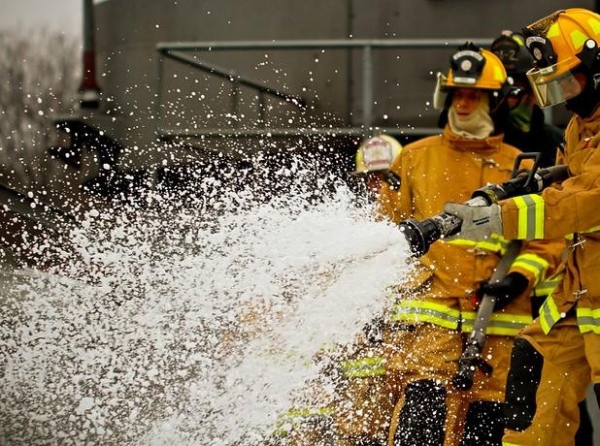A new project led by the UK Centre for Ecology & Hydrology will transform our understanding of a group of manufactured chemicals that can last hundreds of years in the environment, posing long-term risks to ecosystems and potentially human health.
A new project led by the UK Centre for Ecology & Hydrology will transform our understanding of a group of manufactured chemicals that can last hundreds of years in the environment, posing long-term risks to ecosystems and potentially human health. This will result in improved assessments of what happens to these so-called ‘forever chemicals’ in habitats, including their impacts on wildlife.
PFAS (per- and polyfluoroalkyl substances) are a group of thousands of chemically diverse, manmade compounds that are used in common products ranging from non-stick cookware and firefighting foam to cosmetics and food packaging. Their resistance to environmental breakdown means they can accumulate in air, water, soils and living organisms.
This new UKRI-funded project will look at a wider range of PFAS compounds than has been previously investigated in the UK, to tackle critical knowledge gaps. UKCEH will be partnering with Lancaster University, the University of Birmingham and the British Geological Survey on the project, in collaboration with the Environment Agency.
Read More at: UK Centre for Ecology & Hydrology
Firefighting foam is one of the many common products that contain PFAS. (Photo Credit: Matt Hecht, public domain)




